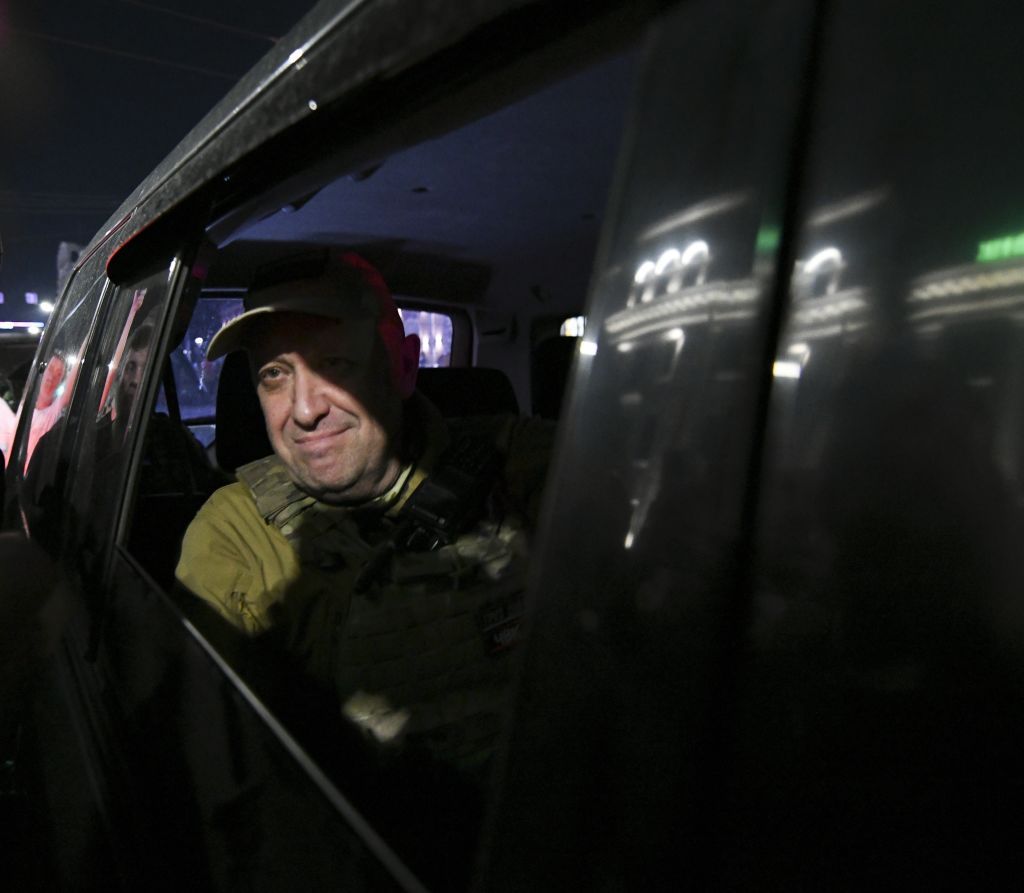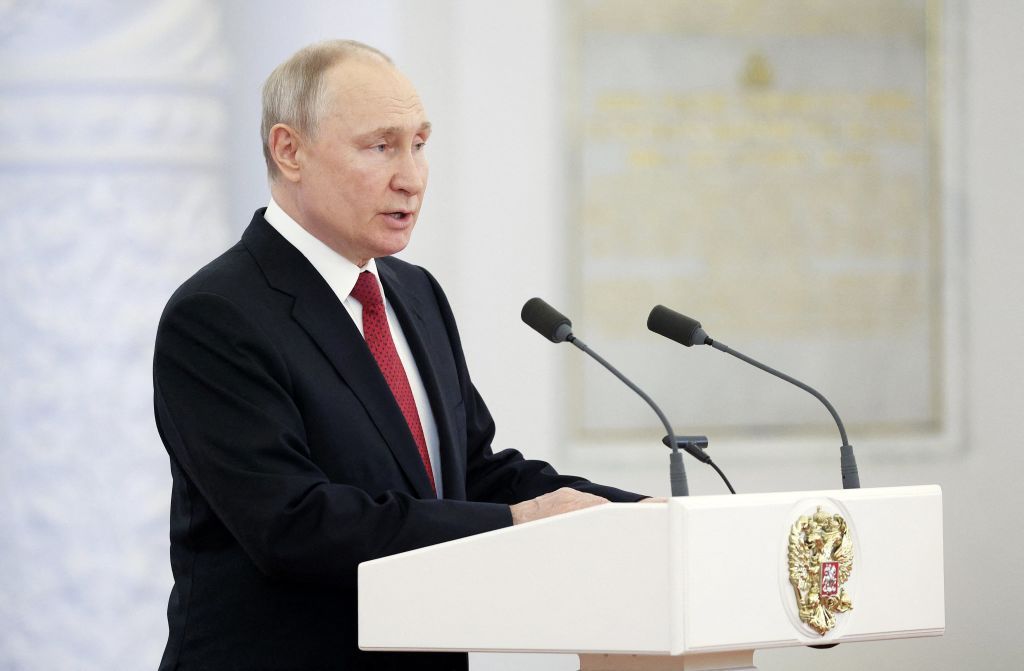NATO leaders urge response to Wagner's alleged redeployment to Belarus

Polish President Andrzej Duda raised concerns over the alleged transfer of the Wagner Group mercenaries to Belarus, the Polsat News TV channel reported on June 27.
"The de facto relocation of Russian forces, the Wagner Group, to Belarus, together with its head Yevgeny Prigozhin, is underway. These are very negative signals for us," Duda said.
Poland's president highlighted the necessity for strengthening NATO's eastern flank, particularly in the Baltic states and Poland.
The Alliance should implement the decisions from the 2022 Madrid summit to improve defense planning and ensure faster reaction capabilities of the Allied forces, Duda commented.
Warsaw's NATO partners in Latvia and Lithuania have also called for reinforcement of the eastern flank in response to the Wagner's redeployment.
"It could take (Wagner mercenaries) eight to ten hours to suddenly appear somewhere in Belarus close to Lithuania," Lithuanian Foreign Minister Gabrielius Landsbergis said, commenting on the speed with which the mercenary group advanced toward Moscow.
"If Prigozhin or part of the Wagner group ends up in Belarus with unclear plans and unclear intentions, it will only mean that we need to further strengthen the security of our eastern borders," Lithuania's President Gitanas Nauseda warned on June 25.
"I am not only talking about Lithuania here but without a doubt the whole of NATO."
The Wagner Group's founder launched an armed rebellion against the Russian government on June 23. His mercenaries occupied the city of Rostov and marched on Moscow, only to abruptly end the insurrection on June 24.
After a deal between the Kremlin and Prigozhin, allegedly brokered by Belarus's dictator Aleksandr Lukashenko, Russian officials said that the Wagner founder and its contractors would be allowed to leave for Belarus.
Although Prigozhin's press service has not yet confirmed his arrival, the Belarusian monitoring group Belarusian Hajun reported that Prigozhin's business jet had landed at the Machulishchy military airfield near Minsk.
On June 27, Lukashenko claimed that Prigozhin has arrived in the country, soon to be followed by his mercenaries.
Prigozhin's mercenary outfit was fully financed by the state, Russian President Vladimir Putin said on June 27.
The private military company allegedly received over 86 billion rubles ($1 billion) from the state's budget between May 2022 and May 2023, Putin said in a recorded address to military personnel.












